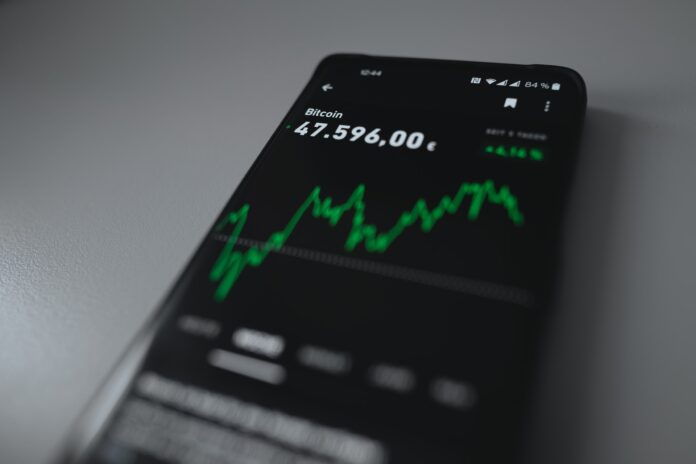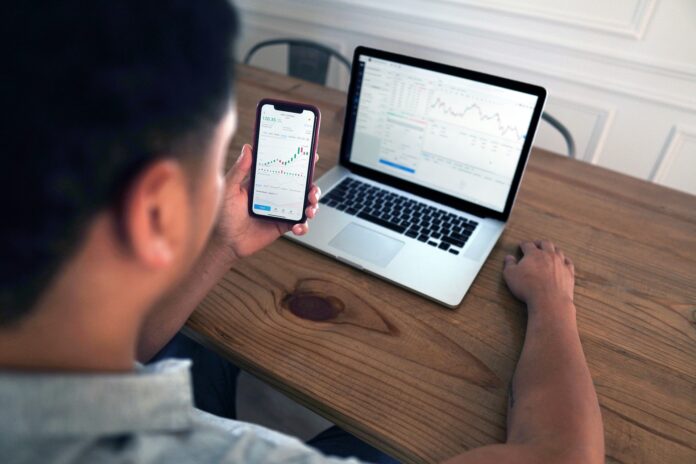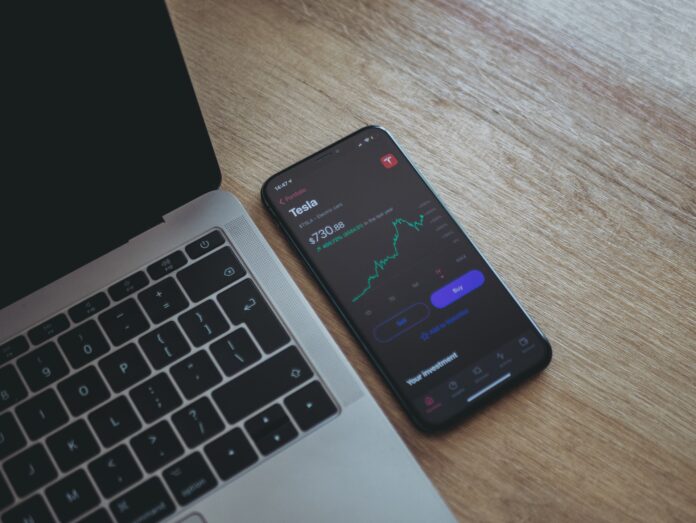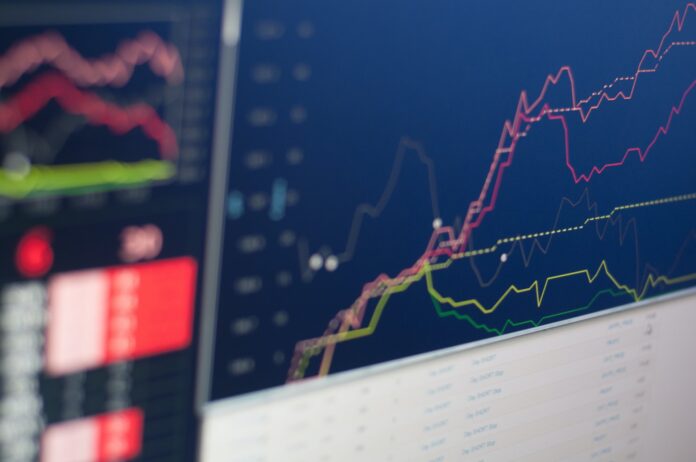One of the most notable trends in the financial services industry over the last decade has been the emergence of online trading platforms. These platforms have helped millions of individuals across the world take control of their financial future and invest directly in the financial markets.
This shift has been particularly revolutionary, given how closed off the financial services industry used to be. In the course of a few short years, we have seen a paradigm shift take place in the industry. Nowadays, rather than having to use bank-run brokerage firms or to trust your finances to heavily compensated investment professionals, you can now invest directly using a mobile app.
This has helped not only to drive down the cost of investing in the financial markets but has also helped to increase the variety of investment products on offer.
Evidently, millions of individuals across the world have responded positively to this shift within the industry. According to the recently published Online Trading Global Market Report for 2022, the global online trading platform market is expected to reach a $13.13bn valuation by 2026. This is up from a whopping $10.21bn in 2022.
Along with this growth in the profits and revenues of companies providing online trading services, we have also seen a corresponding rise in the number of traders. Although the exact figures are hard to pin down, some popular trading platforms have over two and half million active users!
Based on these figures, it is clear that there are more individuals than ever getting started trading online. However, while this is a positive trend for the industry as a whole, the technical nature of online trading means that there can be a significant skills gap for those just getting going in the industry.
But for the plucky amateur wanting to dip their toes into the world of online trading, how can they get started? And is it easy – or even possible – to learn to trade online?
If you want to know the answer to these questions and to learn some tips that will help you to achieve your trading goals, keep reading this article for some advice and guidance!
Gain some basic economic awareness

Before you start formulating a trading strategy and executing your first trades, we first recommend increasing your basic understanding of how the economy works.
Although it might not seem like it will be directly relevant to making trades, you would be surprised at how much this basic knowledge can help you in selecting asset classes, choosing an asset distribution and calculating your risk profile. It can also help you to understand what sort of investments you should be making, based on what the markets look like.
Thankfully, many online trading platforms these days put out a considerable amount of valuable information that introduces you to basic macroeconomic concepts, which should help to bring you up to speed! Platforms such as Admirals are constantly publishing basic explainers that will give you a grasp of the core economic concepts you need to know.
Develop a learning network

If you are learning how to trade on your own, a great way of speeding up the process is to develop a network of contacts who you can learn from.
This might be achieved by approaching a more experienced trader and asking them to act as a mentor to you. Or, alternatively, it might mean joining a trading group full of like-minded traders.
In both examples, you are drawing on the experience of your – hopefully more skilled – peers to increase your own knowledge. As you progress from a beginner to a more advanced trader, this resource will prove invaluable and can help to direct your development.
Know what kind of trader you want to be

Another important aspect of the learning process is getting a sense of what kind of trader you want to be. Knowing this will help to shape what your learning process will look like and will ultimately give you a better chance of meeting your goals.
For example, if you want to be a day trader who spends their mornings, afternoons and evenings focusing on technical analysis, then you will need to dedicate a significant amount of time and attention to reading charts and recognizing patterns.
And similarly, if you want to focus on swing trading, you will need to develop a solid grasp of the economy, the broader business environment and what makes the markets move.
Once you have a sense of the kind of trader you want to develop into, you will know what particular learning and development path you need to take.
How long will it take?

As a new trader just getting started, you might have found yourself frustrated not only by the sheer amount of information to take in but also by the length of time it takes to get used to learning how to plan and execute trades.
Unfortunately, however, this is simply part of the process. And while it might not be possible to set out a precise timeline for how long it will take you to achieve a reasonable level of competence, it will typically take you much longer than you might have initially thought it would.
Although you can learn the basics of trading within a relatively short time frame, developing a high level of competence will take much longer. Trading professionals can take years to learn their craft, and this might be much longer for those of you trading online as a hobby.
With that said, we recommend that you focus less on the amount of time it will take you to learn to trade and instead view it as something that is a continual learning experience.







